Expanded tree cache errors can be caused by executing queries that select too many XML nodes at once. In your example, this is likely the culprit: /tx:AttVal[tx:AttributeName/text()=$attributeName].
It's possible that calling text() is the source of your problem (and text() probably not what you mean anyway - see this blog), causing MarkLogic to evaluate that function on all these nodes, and that by simply using /tx:AttVal[tx:AttributeName=$attributeName] it may solve your problem.
Next I would consider an adding a path range index on /tx:AttVal/tx:AttributeName and query those nodes using cts:search and cts:path-range-query. This will be substantially faster than just XPath without a range index. It's also possible to use XPath with a range index: MarkLogic will automatically optimize the XPath expression to use the range index; however, there can be reasons it doesn't optimize the expression correctly, and you would want to check that using xdmp:plan.
Also note that the general best practice recommendation for XML in MarkLogic is to use "semantic XML". E.g., when you mean an attribute, use an attribute: <some-node AttributeName=AttVal>. MarkLogic's indexes are optimized out of the box for semantic XML design. However, if you don't have an option but to work with XML that's not, then that's what path range indexes were designed for.
